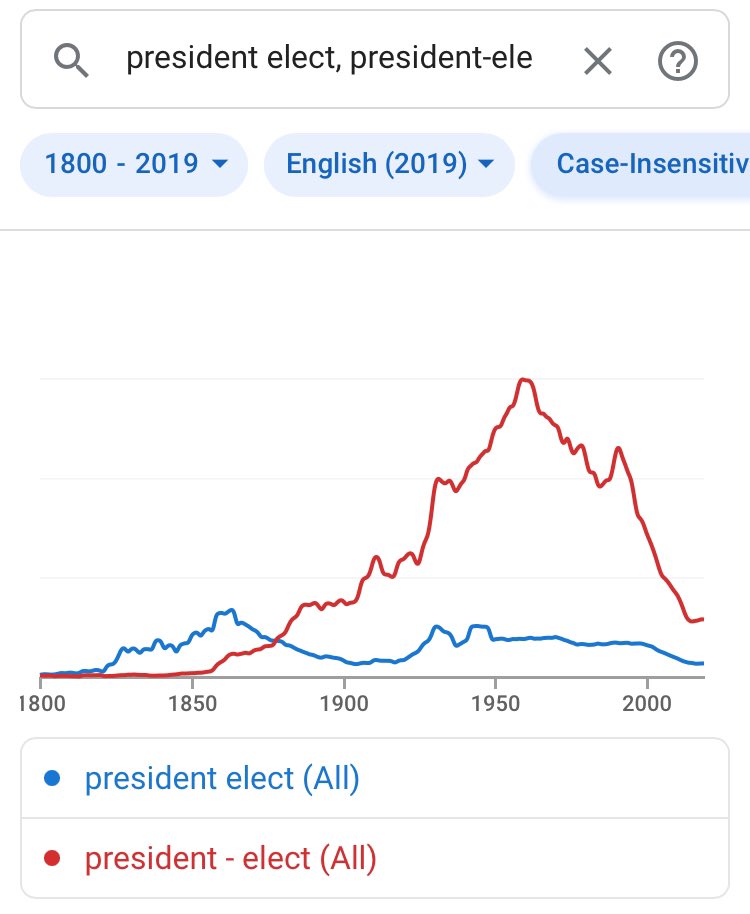
This.
Normalize reading articles, not just headlines. From the NYT piece:
"I don’t think anybody who is not on the internet in a real way in the Year of our Lord 2020 and loses an election can blame anyone else when you’re not even really on the internet."
Normalize reading articles, not just headlines. From the NYT piece:
"I don’t think anybody who is not on the internet in a real way in the Year of our Lord 2020 and loses an election can blame anyone else when you’re not even really on the internet."
https://twitter.com/jbouie/status/1325460316247953410
The main point AOC is making in the New York Times is about *how* to run a campaign, not *what* the message should be.
She's not shy about pushing her progressive brand of politics, but if that's your main takeaway from the criticism, you're misreading the interview.
She's not shy about pushing her progressive brand of politics, but if that's your main takeaway from the criticism, you're misreading the interview.
"If you’re not door-knocking, if you’re not on the internet, if your main points of reliance are TV and mail, then you’re not running a campaign on all cylinders. I just don’t see how anyone could be making ideological claims when they didn’t run a full-fledged campaign."
"Our party isn’t even online, not in a real way that exhibits competence. And so, yeah, they were vulnerable to these messages, because they weren’t even on the mediums where these messages were most potent. Sure, you can point to the message, but they were also sitting ducks."
What we're learning is that things are as ever they were:
Democrats are a broad coalition encompassing partially incompatible ideologies.
That it held together so well is a testament to the threat of Trumpism. It was entirely to be expected that this wouldn't last.
Democrats are a broad coalition encompassing partially incompatible ideologies.
That it held together so well is a testament to the threat of Trumpism. It was entirely to be expected that this wouldn't last.
That's a problem for Democrats, and one about whose solution they disagree.
But it's a media framing that they're at war about it if Ocasio-Cortez merely gives an interview to the NYT in which she calls on the party to become better at digital.
But it's a media framing that they're at war about it if Ocasio-Cortez merely gives an interview to the NYT in which she calls on the party to become better at digital.
It would be just as naive to think she has it all figured as saying that the conservatives and moderates in the party have it all figured out.
But: It's not an absurd proposition to listen to an internet-savvy young person who unseated a Democratic incumbent when she points to what seem to be quite substantial issues with Democrats' internet strategy.
*Especially* when runoffs are happening very soon and effective internet campaigns can be organized quickly.
She made the point again:
https://twitter.com/aoc/status/1325508498994638848
• • •
Missing some Tweet in this thread? You can try to
force a refresh



